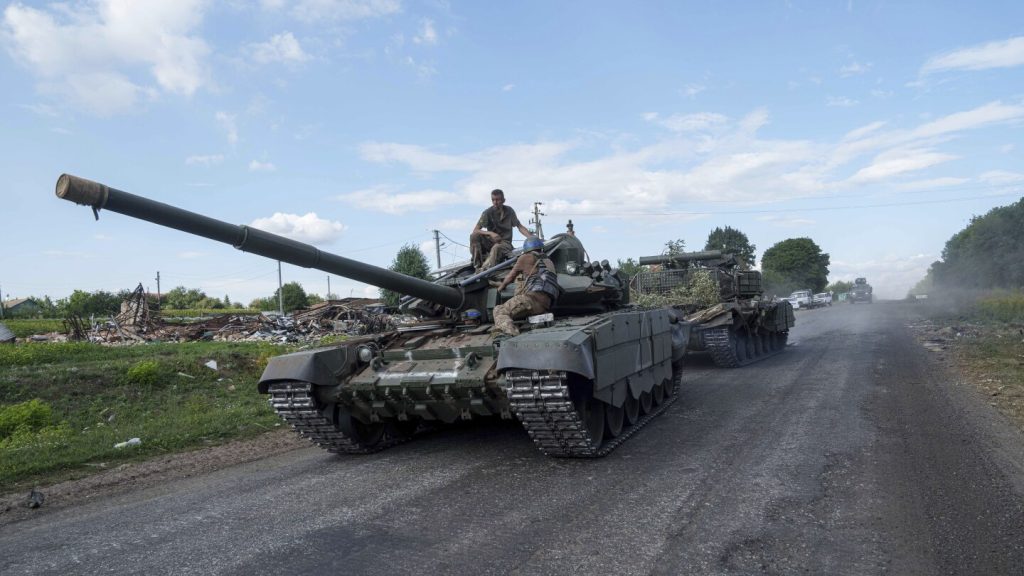Ukrainian President Volodymyr Zelenskyy announced that Ukrainian troops had taken control of Sudzha, the largest Russian town to fall to Ukraine since the start of the cross-border incursion over a week ago. Sudzha, with a prewar population of 5,000, is the administrative center of Russia’s Kursk region. Zelenskyy said Ukraine is setting up a military command office in Sudzha, indicating potential long-term presence in the region. The incursion has led to the evacuation of over 120,000 civilians and the capture of at least 100 Russian troops.
The incursion has caused chaos in the Kursk region, with Ukrainian forces making significant gains. The goal of the incursion is to protect neighboring Ukrainian regions and diminish Russian military presence in border areas. The size and speed of the operation, involving battle-hardened brigades, mark a significant development in the conflict. The incursion also represents the first time foreign troops have invaded and held Russian territory since World War II, posing a challenge to Moscow’s military strategy.
Russian forces have blocked Ukrainian attempts to take other communities, and there is uncertainty about the impact of the incursion on Russia’s overall military strategy. Questions remain about whether Moscow will redirect troops from front-line positions in eastern Ukraine to Kursk. While Russia has withdrawn some forces from Ukraine, it may need to move more troops to repel Ukraine’s advances. The U.S. is monitoring the situation closely and considering its support to Ukraine in light of the ongoing incursion.
Ukraine’s gains in Kursk have led to the capture of several towns and settlements in the region, with the Ukrainian military claiming control of over 80 locations. Russian air bases at Borisoglebsk and Savasleika have been targeted by Ukrainian drone attacks, causing damage to hangars and possible aircraft. The fluidity of the contact lines in Kursk has allowed both sides to maneuver easily, in contrast to the static front line in eastern Ukraine where Russian forces have made slow progress.
The situation in the Kursk region has prompted evacuations, with civilians fleeing the fighting and seeking refuge in safe areas. Russian regions like Belgorod have declared states of emergency as the conflict escalates. Russian officials have criticized the incursion as reckless, while Ukraine aims to disrupt Russian military presence in border areas. The incursion has implications for regional stability and Russian energy supplies, as Sudzha is a key location for gas flow through Ukrainian pipelines.
Overall, the cross-border incursion in Kursk represents a significant escalation in the conflict between Ukraine and Russia. The speed and scale of the operation, combined with the impact on civilians and military infrastructure, highlight the complex dynamics at play. As both sides continue to maneuver and engage in combat, the situation remains fluid and uncertain. International observers are closely monitoring developments in the region, with potential implications for broader regional security and stability.


